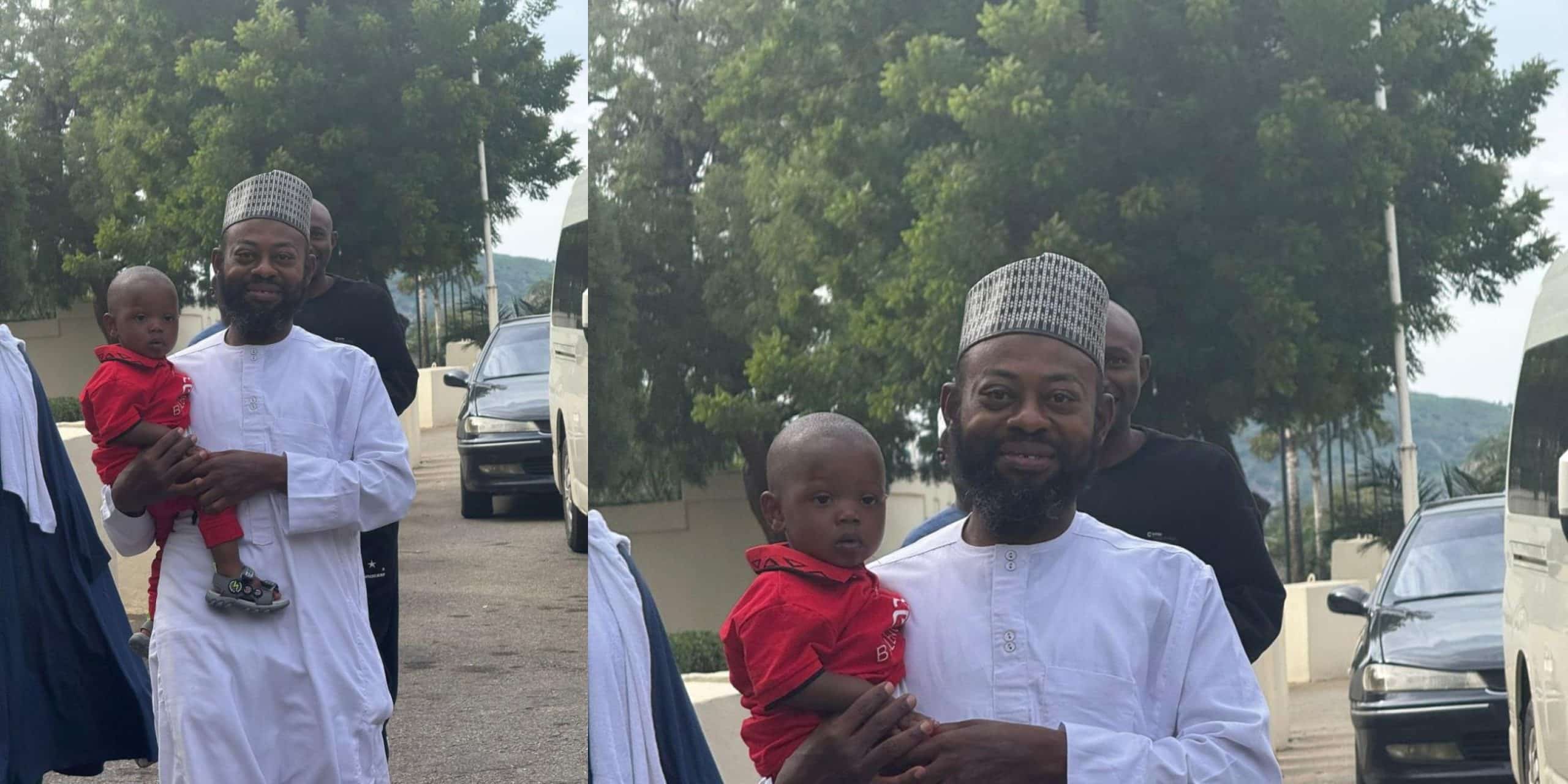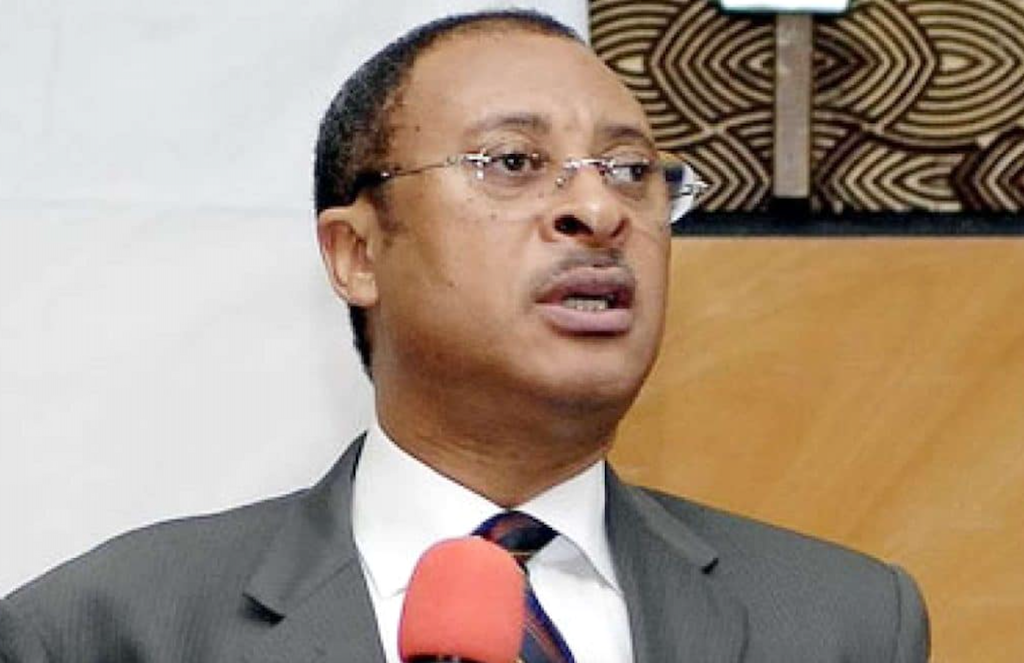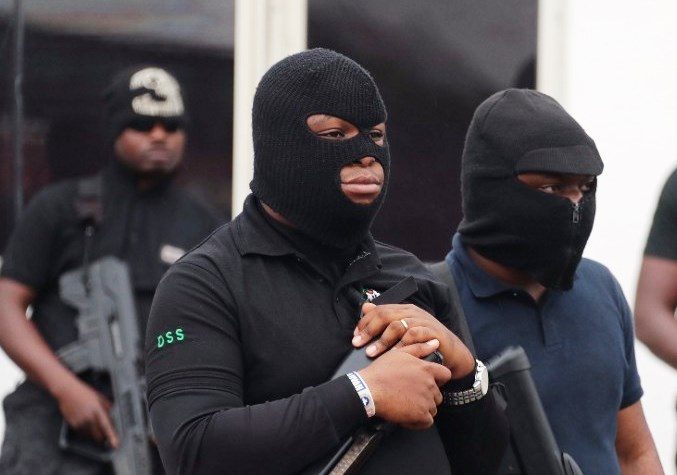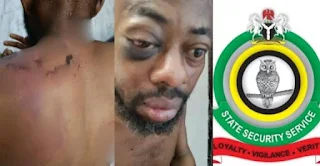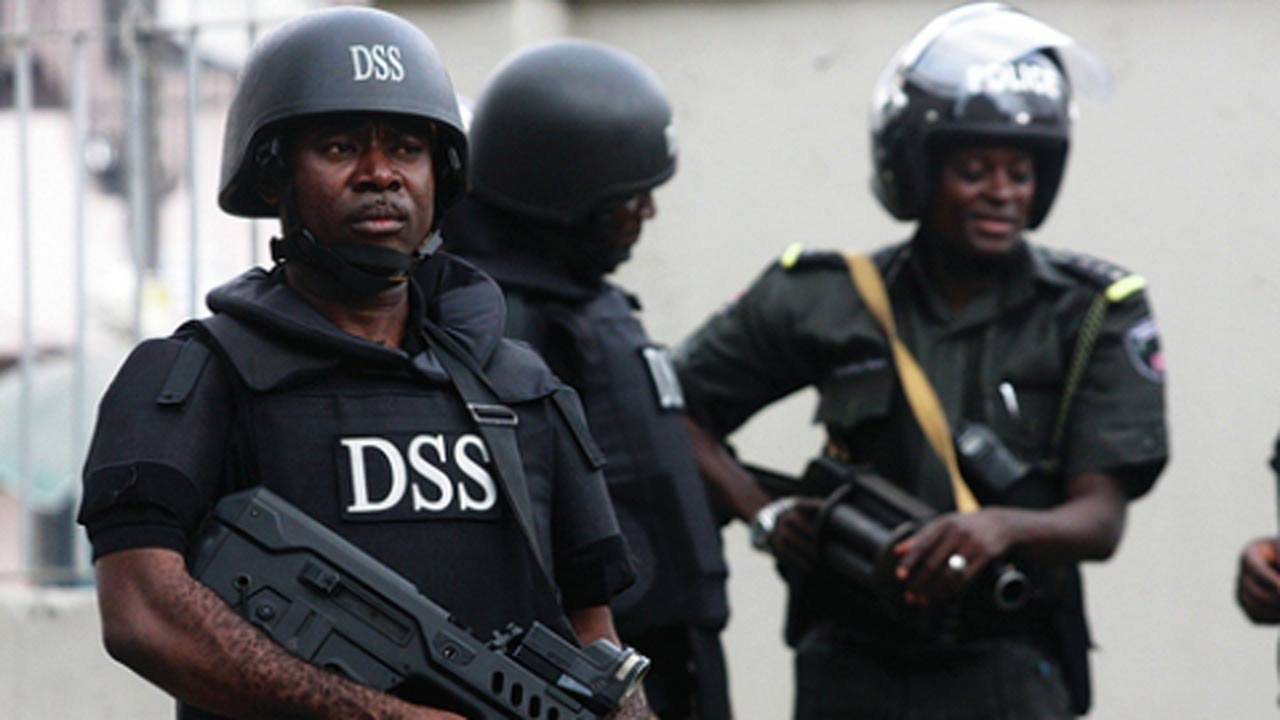There’s a part of my job that can swallow you whole. Journalists are brought up on a diet whose main ingredients are a deliberate blend of crime, sex, and money. Everything else is a side dish. That’s why if you follow what you read daily in the newspapers, on the radio or TV or any of the online extensions of the media, you sometimes think the world is going to hell in a handcart.
From the shocking reports of killings in Benue and Plateau States to stories of kidnapping for ransom, banditry, and other minor forms of criminality, there seems to be no relief from bad news. And from the war in Ukraine to the devastation in the Middle East and the Persian Gulf, the news is no less depressing.
Bad news is good news?
Either out of habit or an oversupply of bad news by politicians and their cousins in business, news reports by journalists have never been more toxic, more hopeless.
Chaos in Nigeria’s main opposition party, the People’s Democratic Party (PDP). Labour Party (LP) in disarray. Factions in the Social Democratic Party (SDP) are at daggers drawn. A daylight coup topples the chairman of the ruling All Progressives Congress (APC). Plans to form a coalition party heading for a brick wall.
When you think there’s light in the tunnel of bad news, you find that it’s the light of an oncoming cargo train loaded with more crime, more sex, more money, more chaos.
The other side
Switching off or stepping outside our comfort zone now and then can be beneficial therapy. I’ve been in three states recently that are mainly in the news for the wrong reasons. Delta, Enugu and Zamfara have been in the news for bitter, rancorous politics, banditry, and criminality. From the outside looking in through the news lens, you will be forgiven for thinking these states are done for. Yet, my visit to each of them was a pleasant surprise, a teachable moment in the perils of the single story.
Though each state has its priorities, they, like all other states, are grappling with the challenge of making government work for citizens by creating opportunities, reducing poverty, and being more accountable.
There’s still a long way to go, but what I saw during my limited time in these three states, summarised by my journey to the North West state of Zamfara (pop. 6.5m) – the most frightening of them all – suggests that there might be hope.
Going to Gusau
The first time I received the invitation to visit the state capital, Gusau, I deflected. I needed to think through it, especially in light of a torrent of bad news about Ado Aliero and his violent band of terrorists in the region.
Then the invitation was renewed. There was some comfort in the group that I was to travel with for the first live media chat with Governor Dauda Lawal on his half-term – Gbenga Aruleba (AIT), Reuben Abati (ARISE TV), formidably backed up by his wife, Kiki, Ahmed Shekarau (Media TRUST), Onuoha Ukeh (SUN), and Babajide Otitoju, later replaced by Olajumoke Olatunji (TVC). You couldn’t wish for a more solid panel.
ChatGPT and Gusau
But there was a problem. How do we get to Gusau, knowing what we know, I asked ChatGPT. Response: Don’t go except it’s essential.
It flagged travel advisories by the UK Foreign Office, Australia, Canada, and the US with dire warnings against travelling because of violence, banditry and kidnapping, saying, “The overwhelming consensus from travel authorities is not to recommend travelling to Zamfara State, unless absolutely required.”
The Zaria-Zamfara highway, especially the Funtua (in Katsina), Tsafe, Maru-Dansadau stretch, was described as deadly, the playground of Dogo Gide and Bello Turji, whose gang killed at least 20 travellers, according to an AP report in April this year. I was on my own, but determined to travel.
Death and resurrection
I died and rose many times during the two-hour fifteen-minute trip, consumed by fear and sustained by a lingering sense of adventure that dying at 60 is not dying too young. Unknown to me, my wife had sneaked a rosary into my bag, with a small bottle of anointing oil.
Since I didn’t notice until I cleaned my bag after returning from the trip, she can claim some credit for the protection charm. I was alert the whole of the 450 km road trip from Abuja, wracked by anxiety. It might have been better if she had also provided a sleeping talisman.
To my surprise, the highway between Zaria and Katsina was double-lane and well paved, narrowing as we entered Katsina, and opening up again in long stretches of vast plain fields with enchanting rocks and low hills on both sides. The Abuja-Kaduna highway is a disgrace compared to this one, and yet, the Abuja-Kaduna highway, a shambles, to put it mildly, is the main gateway to the North West.
Valley of the shadow…
After Zaria, occasionally, we passed towns, the busiest and perhaps most prominent of which was Funtua, the home of some of Nigeria’s most influential politicians, including the late Malam Ismail Funtua, and the businessman, Umaru Mutallab.
All was quiet, and I couldn’t help but ask myself if folks in the settlements with clay-walled fences and houses in the small towns we passed through knew what was said of them in the media. As we entered Tsafe, the hometown of one of the most notorious bandits, who got a red carpet reception in Katsina before our visit, every hair on my skin was on edge.
Even though police escorts accompanied us and there were several military checkpoints along the way, as we entered Tsafe, 48km to Gusau, you could slice the fear inside our bus. There was not a murmur.
After Tsafe, I thought the worst was over, at least for the first part of this journey. I felt both relieved and confused as we entered Gusau. Relieved that we had arrived safely, and confused because the paved, nearly finished double-lane road leading into the capital conflicted with my perception of Zamfara as a lost cause. The streets were clean, with a sense of renewal.
Making change happen
I would later see similar scenes in Enugu, where I had not been since 2006 (when Chimaroke Nnamani was governor). My previous visit to Zamfara was in the early 1990s, when it was still a part of Sokoto State. After one military administrator and four civilian governors, before Dauda, the fifth, Zamfara has been something like Kowa, the fictional state in Kannywood’s political thriller “War”, where politicians treat state resources, including its people, as pawns in a game of power.
Dauda may yet make the difference. In two years, he has upgraded the consulting clinic in Gusau to a teaching hospital with some of the most modern facilities, significantly improved access to drinking water, and cleared the backlog of students’ WAEC and NECO fees, which left the state at the bottom of the results table for years. It’s also building a new airport that may be open before September.
The government said it has cleared arrears of gratuities and pensions for local and state government officials owed since 2011, estimated at N13.6 billion, apart from settling a four-month salary arrears it inherited and raising the minimum wage from N7,000 monthly to N70,000.
“Nightlife”
When the live interview panel anchored by Abati asked Dauda how he got the state on a promising footing, including giving it its first traffic light since it was created 29 years ago, the governor said it was mainly by blocking leakages using technology, and prioritising human resource development and capacity building. He said technology has also been deployed to gather and use intelligence to make the state safer, vowing that there would be no negotiations with bandits and criminals.
“Nightlife is back,” Dauda said. I could not find out before returning to Abuja by road in another uneventful journey two days later.
If nightlife is back in Gusau and day-lifers outside Gusau in this mainly agrarian state can gradually return to their farms, that is another lens through which one may view a state defined for nearly three decades by religious extremism, graft and banditry.
Ishiekwene is the Editor-in-Chief of LEADERSHIP and author of the book Writing for Media and Monetising It.

